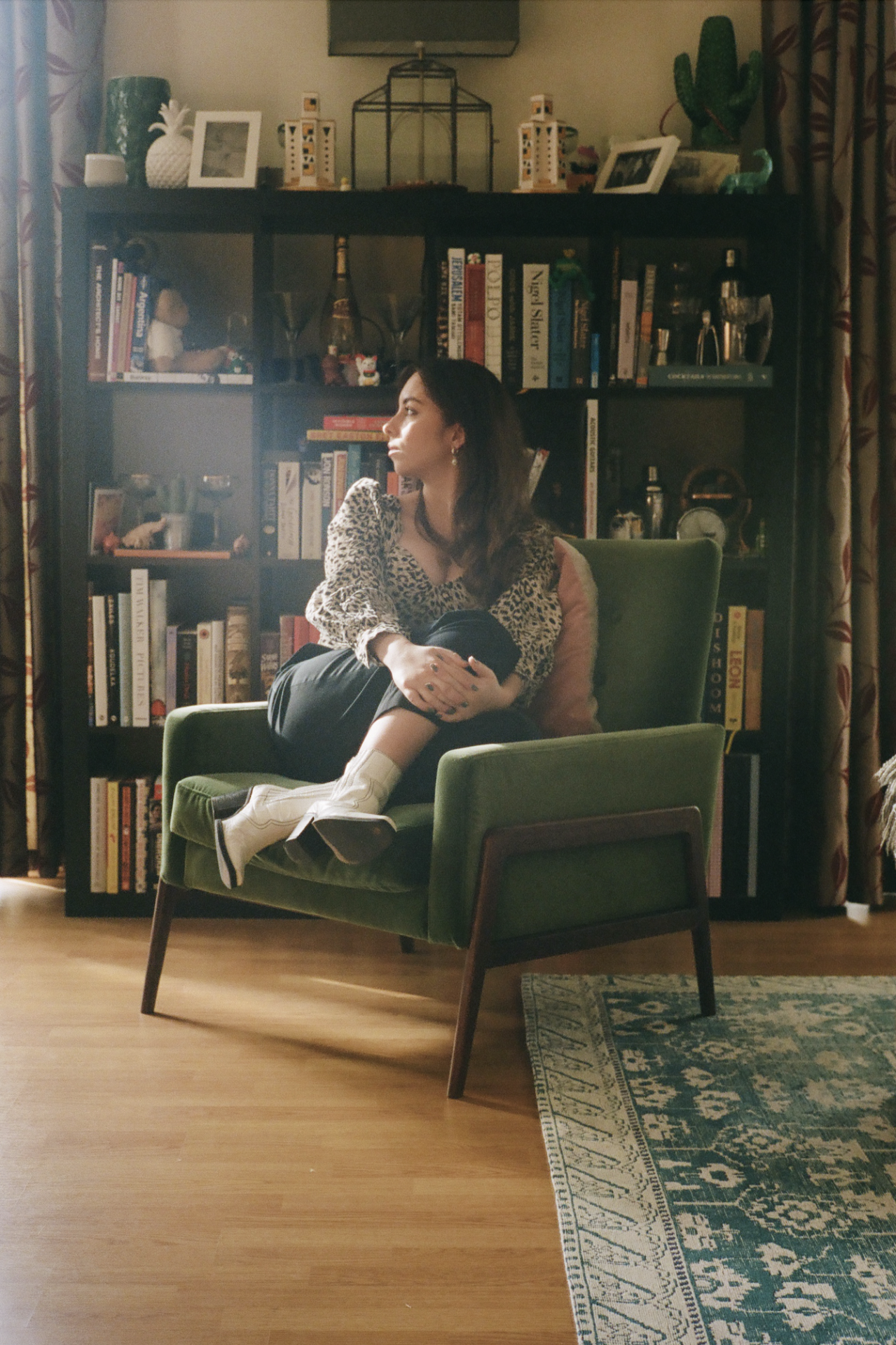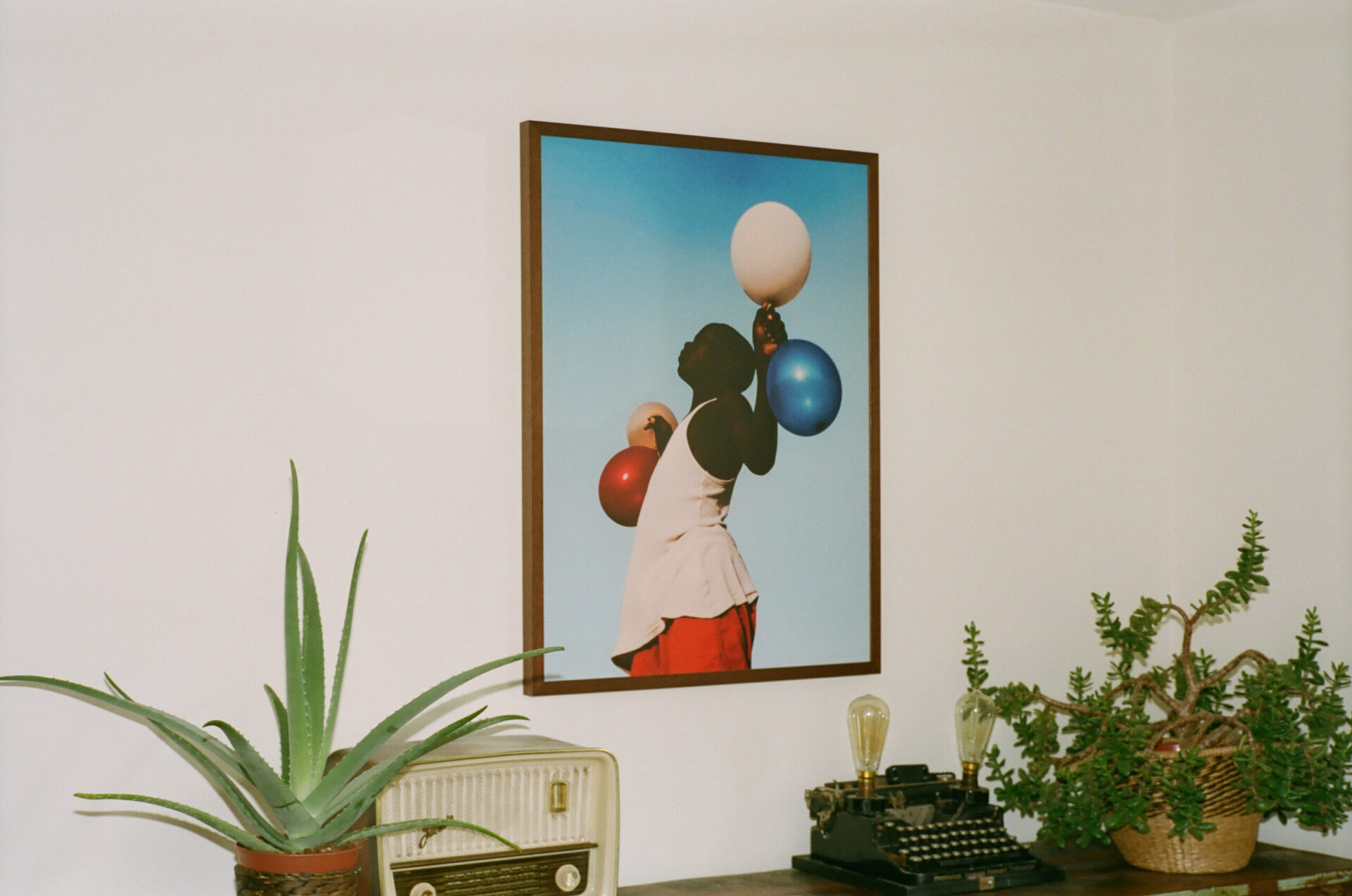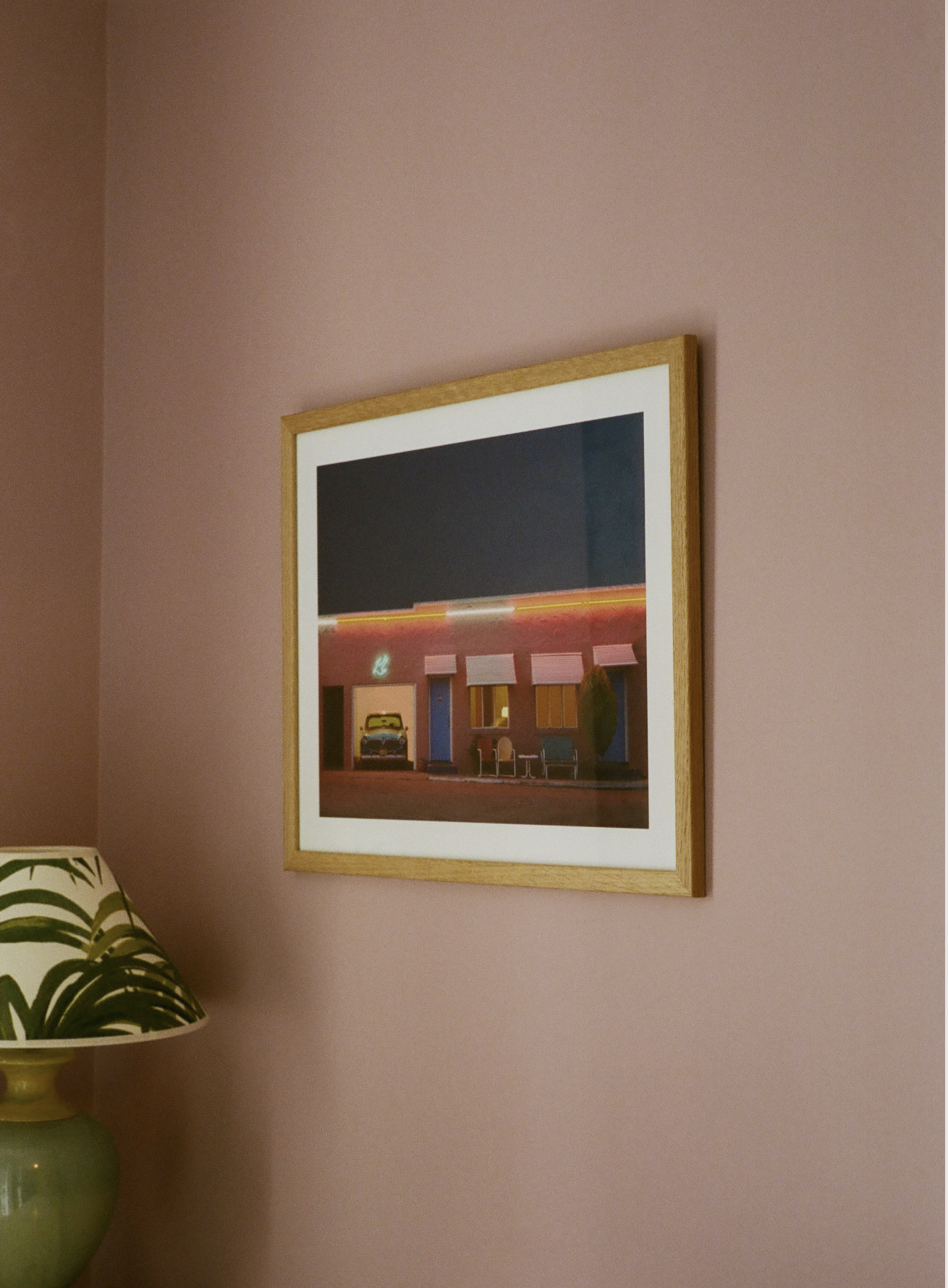Should we be sceptical of those publications that are now championing diversity with no prior record of doing so, or should we see it as a much needed departure point?
I do think there should be some level of empathy towards each other, in the way that we can’t always get it right the first time around. There has to be some level of acceptance of mistakes and learnings. Where we go from here, however, is going to be very telling: is it just the one time a minority artist will be featured on the cover, or will it become something more structural?
Recently WePresent featured The Long Goodbye, a short film by Riz Ahmed exposing the emotional reality for many people who feel they are not welcome in the country they call home. How important is it that WePresent creates content that has political or societal merit?
We have definitely seen a steady increase of politically engaging content over the last six months, and there is a reason for that. WePresent has always been a platform that strives for creative freedom, and in order to do that authentically you have to really listen to what the artists have to say – what is inspiring them, and what is impacting them. This year obviously has been nuts, so we are seeing that reflected in the work they are putting out. It would be simply naive to think that these moments of radical change are not trickling down into art.
Riz’ film speaks to those of us feeling unheard and disillusioned in post-Brexit Britain – but it resonates with global audiences too. There are currently so many people that don’t feel welcome in the countries they live in – the US is but an example. In such cases, art can be a vehicle to open up a dialogue, and in turn affect change. I truly believe that adversity leads to new ways of creative thinking.
As the Editor-in-Chief you determine the overall direction of the platform. To what extent does your personal taste come into play?
There is no doubt one’s professional vision is tinged by personal taste – the same applies to me. At WePresent, however, it really is a team effort, and everybody comes in with their ideas and individual aesthetic. That has been working rather harmoniously. We do have long debates and conversations about the smallest things but that ultimately makes the difference: you end up finding stories that are really pushing boundaries.
So what is your future ambition within this role?
Well first of all we would like to become the number one representative creative platform in the world. So far we have covered artists from 101 countries but we won’t rest till we have covered all of them. Additionally we want to continue creating content that has impact. Riz’s film definitely is setting the tone for the direction we want to go in.
This year has been challenging for many creatives, and while they continue to make beautiful work, we cannot forget that a lot of them are struggling. I think we as a platform need to be as supportive as we can – like commissioning illustrators and photographers wherever we can. Being an artist tends to have a bit of a romantic air about it, but they still need to be able to pay their rent.
txt: Rolien Zonneveld
imgs: Gabby Laurent


